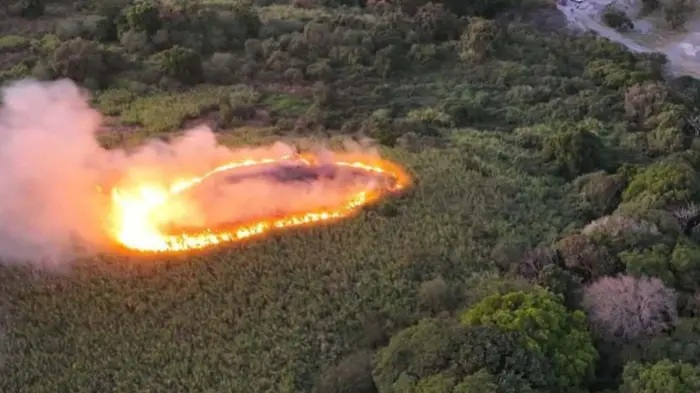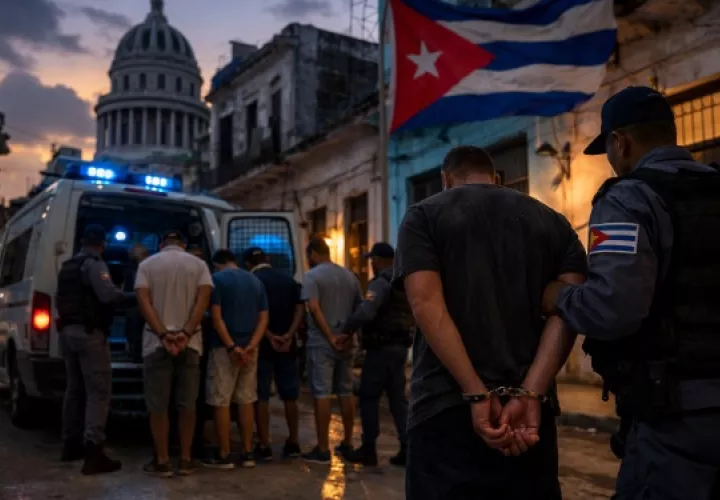President stalls on procurement law

PRESIDENT Juan Carlos Varela has long been lampooned by political cartoonists and commentators for what they see as his tortoise-like pace and he is under attack once again because, after many promises he has yet to make a decision regarding the controversial public procurement law.
The law was approved April 29 by the National Assembly. But it has been criticized by many sectors of civil society for not including more stringent rules to prevent corruption.
The president had a 30 day window which has now closed, to veto the law, and the critics are out in force Anette Planells, of the Independent Movement (Movin), said that Varela has called for a dialogue to be opened on the law, but so far he has not contacted the group, which has been one of the most outspoken on the issue.
“We are worried, because while we consider the bill to be a step forward, there are significant issues that should be addressed,” Planells said.
Carlos Lee, of the Citizen’s Alliance for Justice, which includes some 20 organizations said that Varela should partially veto the law and send it back to the Assembly for debate.
Varela said Tuesday, May 31 in Santiago de Veraguas that he has not yet made a final decision on the law, which will be discussed during the next Cabinet Council meeting.
PROMISES
The same day as Varela received Bill 305 from the Assembly, he called on civil society to work on an anti-corruption law, including aspects on public procurement that were not included in the initiative already approved.
“I propose that we file a single law for the issue of corruption in handling public procurement” he said.
Civil society and business sectors criticized the decision of the legislature not to include in the draft of bill 305 an article debarring from government contract, to companies that were condemned abroad for corruption, money laundering and other crimes.
The organizations also called for reducing the discretion of direct purchases and to reduce the ability to approve cost overruns
To realize the dialogue, Varela proposed deputy minister of the Presidency, Salvador Sanchez and Angelica Maytín director of the National Authority of Transparency and Access to Information,(Antai) , as a liaison between the Government and civil society.
Sanchez told La Prensa he has had close ties with the director of the Antai to determine the methodology under which the dialogue will take place.
However, civil society groups said it was “regrettable” that the President has not fulfilled the commitmenton the dialogue, and has not yet made a decision.





